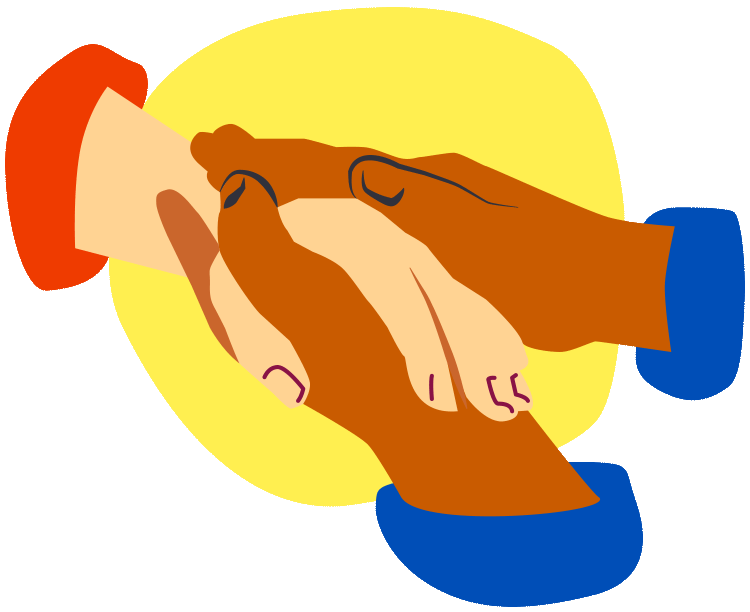Treatment and intervention
Early Intervention Services
Evidence suggests that what you do and the support you receive in the critical first months and years after you develop unusual and distressing experiences (e.g. paranoia, fear that people are out to get you, hearing or seeing things that other people don’t) is especially important.
Early intervention services are made up care co-ordinaors and health workers from a range of different backgrounds. They work with you when you first have unusual and distressing experiences, to try to reduce the impact of these experiences, and help you get back to the things that are important to you.

An early intervention service aims to do two main things. Firstly, it aims to work closely with GPs, education and training providers, other health and community services, to recognise early signs and help you to get help and support as quickly as possible.
Secondly, it aims to provide useful treatments and broad all-round support when you first develop unusual and distressing experiences, to help you to keep up with work, school or college, your social life and friends, and to help you get back to normal life as quickly as possible.

A number of studies have found that early intervention services are better able to reduce unusual and distressing experiences and are better at preventing these experiences from returning, compared to standard community services.

EIP services should be available in all local areas. If you have unusual and distressing experiences your GP should be able to refer you to your local service.
Read more about EIP services in the Treatment Choices booklet.
Read more: Early Intervention in Psychosis Services Booklet
Read more: Other support options
Read more: Who's who in treatment?